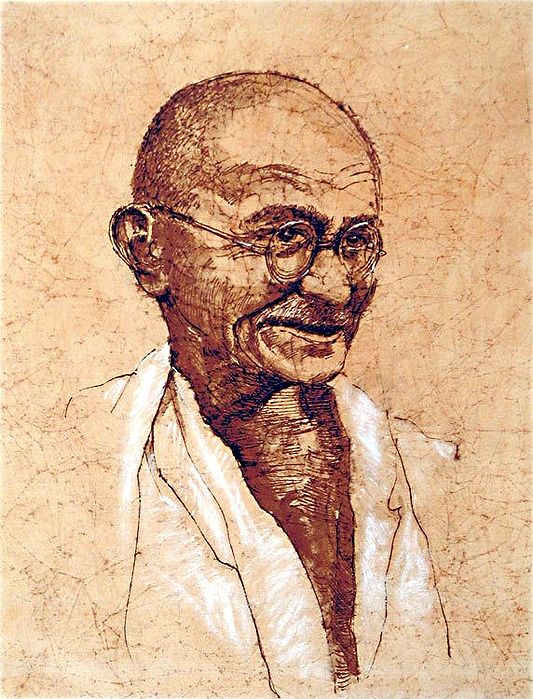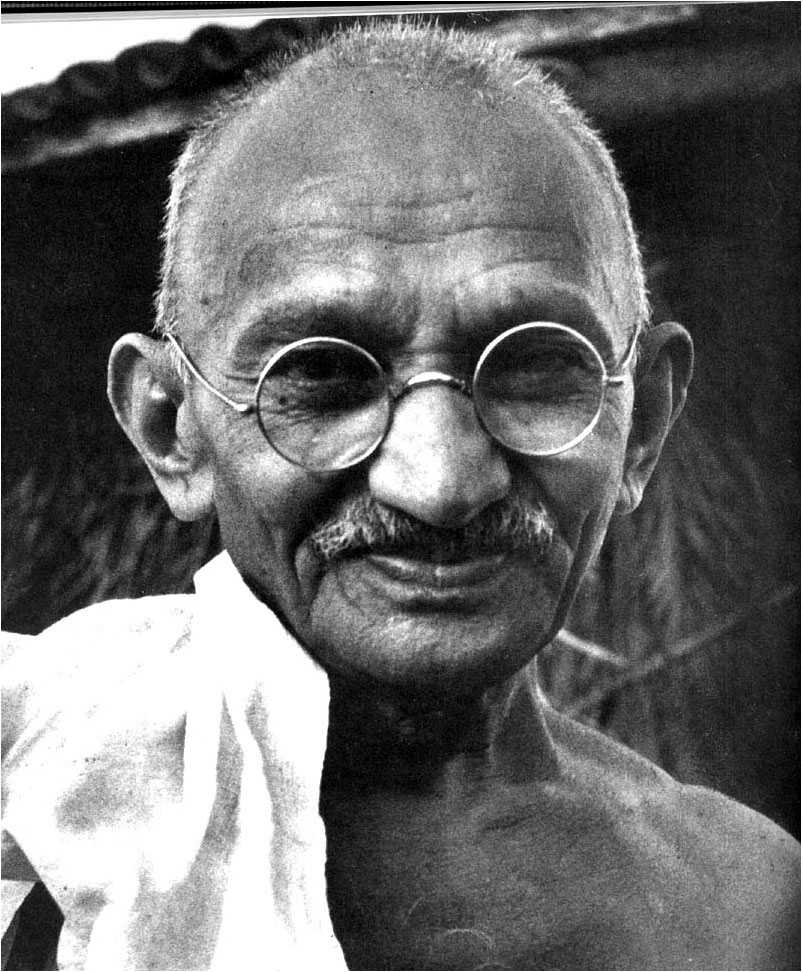
He immersed himself in sacred Hindu spiritual texts and adopted a life of simplicity, austerity, fasting and celibacy that was free of material goods.

“The religious spirit within me became a living force,” he wrote of his time there. Living in South Africa, Gandhi continued to study world religions. Gandhi grew up worshiping the Hindu god Vishnu and following Jainism, a morally rigorous ancient Indian religion that espoused non-violence, fasting, meditation and vegetarianism.ĭuring Gandhi’s first stay in London, from 1888 to 1891, he became more committed to a meatless diet, joining the executive committee of the London Vegetarian Society, and started to read a variety of sacred texts to learn more about world religions. He immediately fled the courtroom after reimbursing his client for his legal fees. In his first courtroom case, a nervous Gandhi blanked when the time came to cross-examine a witness.

He struggled to gain his footing as a lawyer. Upon returning to India in 1891, Gandhi learned that his mother had died just weeks earlier. The young Indian struggled with the transition to Western culture. In 1888, 18-year-old Gandhi sailed for London, England, to study law. In the ensuing years, the teenager rebelled by smoking, eating meat and stealing change from household servants.Īlthough Gandhi was interested in becoming a doctor, his father hoped he would also become a government minister and steered him to enter the legal profession. Young Gandhi was a shy, unremarkable student who was so timid that he slept with the lights on even as a teenager. His mother, Putlibai, was a deeply religious woman who fasted regularly. Gandhi’s father, Karamchand Gandhi, served as a chief minister in Porbandar and other states in western India.

Indian nationalist leader Gandhi (born Mohandas Karamchand Gandhi) was born on October 2, 1869, in Porbandar, Kathiawar, India, which was then part of the British Empire. Gandhi leading the Salt March in protest against the government monopoly on salt production.


 0 kommentar(er)
0 kommentar(er)
